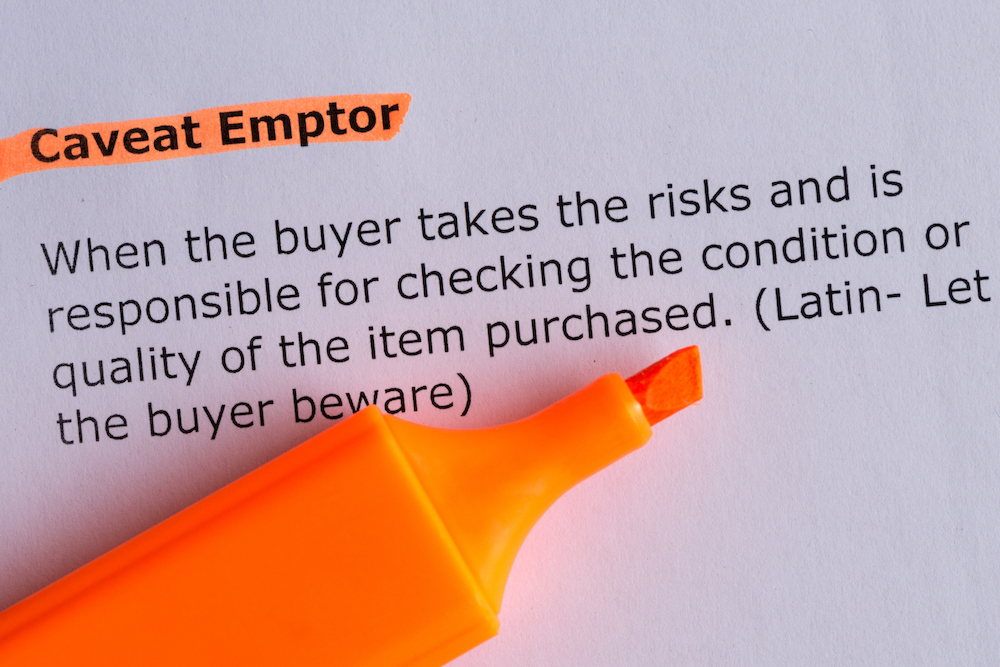
12 Nov 2021
This post is the fourth in a series of articles entitled: “Six Days of Feasibility Studies” designed to educate the reader on the world of Feasibility Studies. Over the next 3 days Jay Garlick of GDP Feasibility will address the following:
...
Don't Settle for Less
Not all feasibility studies are created equal. Not all feasibility consultants are created equal for that matter...
...
Good studies have the very best in demographic analysis with the very best and most recent data.
They have developed self-storage projects themselves.
They understand more than just numbers but have real-life experience in taking a proforma to design.
...
A self-storage developer himself, Jay Garlick is the Principal at GDP Feasibility and Partner/CEO of Greenscape Development Partners which specializes in self-storage development nationwide...